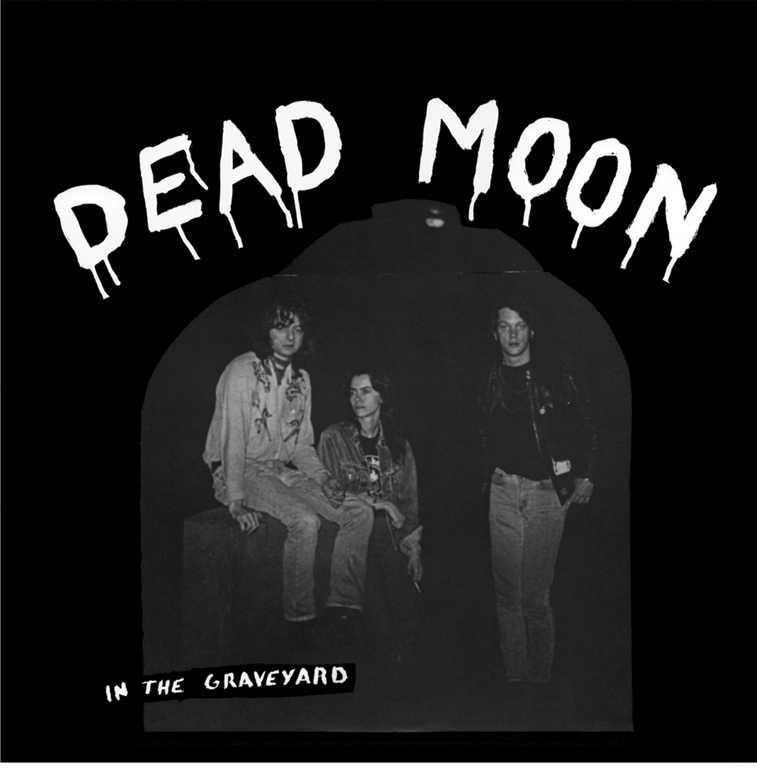While any sweeping generalisations about eras and movements can be picked apart and knocked down with ease, it is safe to say that the explosion of first dubstep, then post-dubstep, then everything even remotely bassy that followed was one of the more important musical developments of the modern era. It was upon this wave that Martijn Deykers - aka Martyn - rode into the public consciousness with 2009’s Great Lengths. Two labels and two albums later, he returns with The Air Between Words, venturing, as he is wont to do, in yet another musical direction.
He has described the creative process behind The Air Between Words as organic, differing from his previous two releases insofar as there was no plan, with the album evolving from experimentation with purely analogue sounds and equipment. And as far as ethoses go, The Air Between Words is as successful an execution as you are likely to find, with no real narrative other than its rich analogue texture holding the ten tracks together.
‘Forgiveness Step 1’ starts proceedings, its lush beatless melodic swirls laying the groundwork for the rest of the record, and providing a perfect intro for perhaps the strongest song on the album, his collaboration with Four Tet. ‘Glassbeadgames’ features a stripped-down garage beat and layers of lonely arpeggios and yearning urban vocals, grows from the ambience of the preceding track before stabby house synths take the whole thing up a notch and the song explodes into life. With both artists existing within the same experimental sphere of reinvention, a collaboration between the two was bound to provide results and in this, and the extended ‘8 Hours at Fabric Dub’ version (which features on the Forgiveness EP), the result is even better than you would have expected.
‘Empty Minds’ features dry basement club wooden kicks and swaggeringly tough bass, beginning life as a real meaty mouthful of a track before it is massively let down by male vocals going posing nonsensical questions about whether the human mind is empty. Disappointing vocals aside, it takes the album in a new nastier direction, aimed squarely at the dance floor. ‘Drones’ then takes a slightly different turn, its attitude-filled bolshy four-to-the-floor beat providing a backdrop to simmering jazz keys, the juxtaposition giving it an after hours club vibe, floating in between still going for it with mechanical legs and a gurning face and coming down on the stairs praying for your friends to give up and come home.
‘Love of Pleasure’ sees the second collaboration of the album, featuring Copeland (Inga of Hype Williams). Copeland is a name that seems to crop up more and more these days, and on ‘Love of Pleasure’ you can really see why, as her melancholic and distant vocals provide the perfect hook and mood for the echoey and sinister bass backdrop.
‘Two Leads and a Computer’ sees Martyn go to Detroit to move his body, and is reminiscent of Jamal Moss without the VHS smudge. It is a musical journey that more and more artists seem to be making these days, and on this showing it isn’t hard to see why. It leads straight into ‘Forgiveness Step 2’, featuring a shuffley beat and Martyn’s signature tough bass which descends into Warp territory, bringing to mind Aphex Twin and LFO, and is along with ‘Glassbeadgames’ one of the album’s unmistakable bangers.
‘Like That’ continues the dark theme with deep down in your pants bass and a lackadaisical sexy vocal repetition of “like that” and erotic groans, while ‘Lullaby’ ventures into ethereal Juan Maclean-like territory before the album ends abruptly in a light and reflective tone with ‘Fashion Skater’.
The lack of cohesion is not a criticism per se, but rather a recognition that The Air Between Words is not really an album in the classical sense, as its parts are greater than its sum. Tracks like ‘Glassbeadgames’, “Two Leads and a Computer’ and ‘Forgiveness Step 2’ will be played again and again, particularly as the festival season gets into full flow, and will garner him much deserved praise, however you can’t help but feel the title of the album itself will exist as a mere footnote to their success.
-
7Alex Baker's Score






















